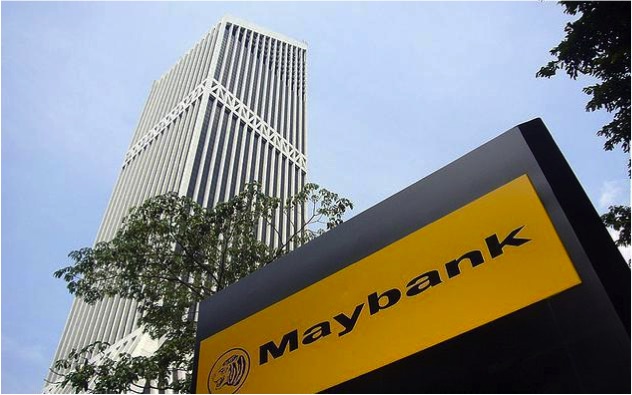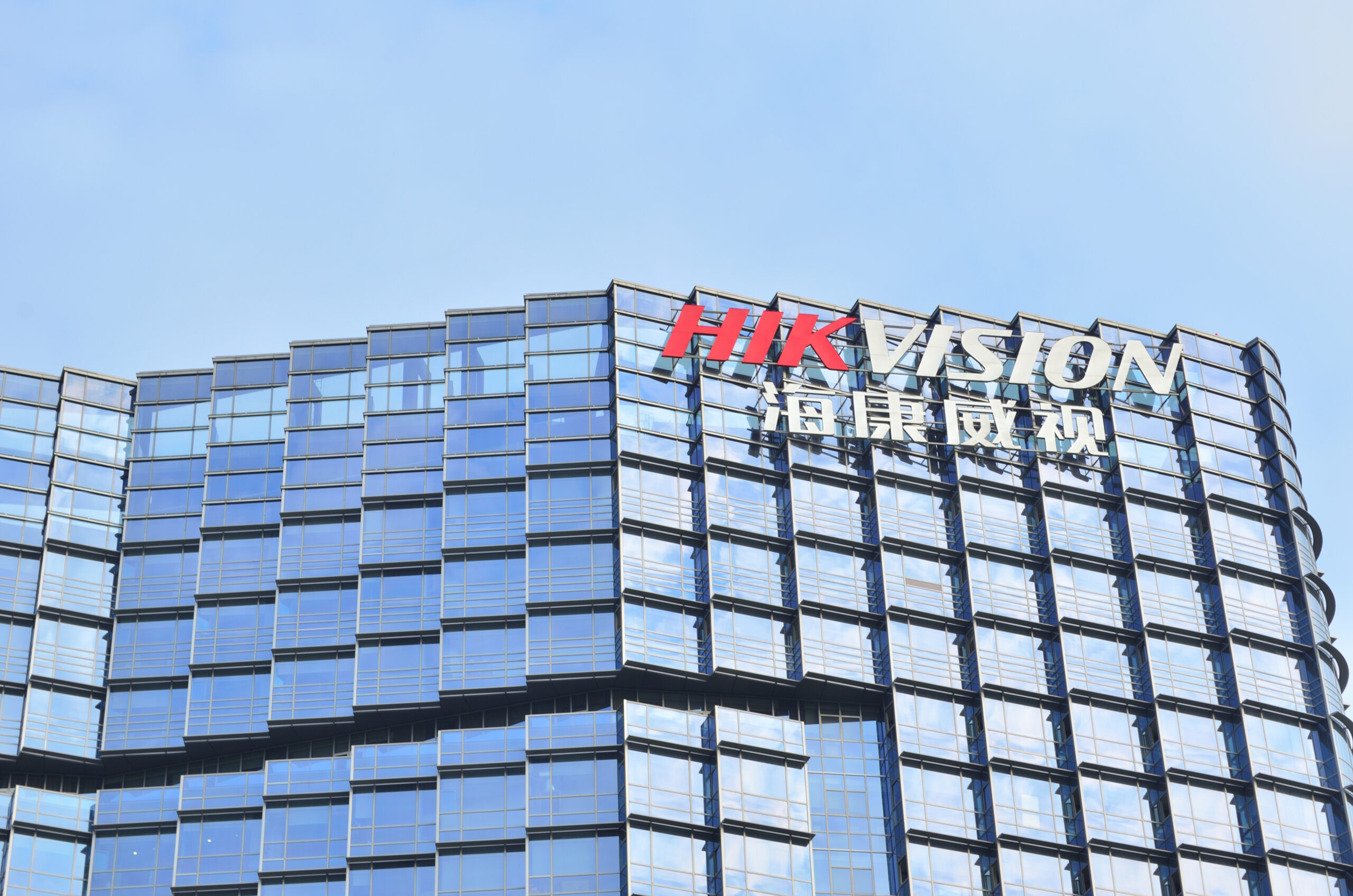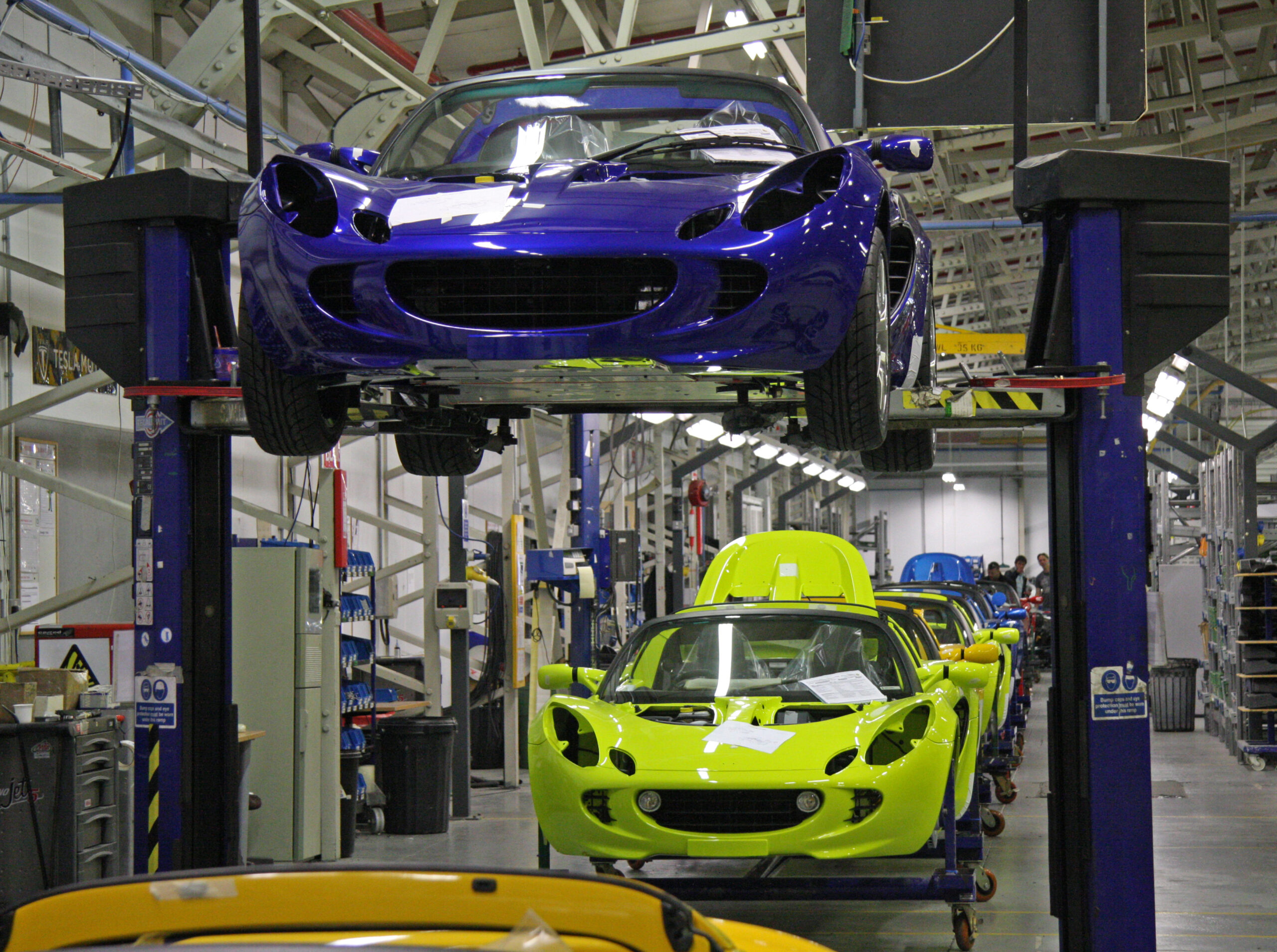Chinese electric vehicle (EV) makers have found a burgeoning market in Mexico, turning the country into a key destination for their high-tech cars amid U.S. trade restrictions. This shift has prompted concerns from Washington about Mexico potentially serving as a “backdoor” for Chinese automakers to enter the American market.
In 2023, China emerged as the leading car supplier to Mexico, with vehicle exports valued at $4.6 billion, according to the Mexican Ministry of Economy. The affordability of Chinese EVs has played a crucial role in this growth. For example, BYD’s Dolphin Mini is priced at around 398,800 pesos (approximately $21,300), making it significantly cheaper than the least expensive Tesla model available. Juan Carlos Baker, former Mexican deputy minister for international trade, noted that Chinese automakers have entered Mexico aggressively, offering good-quality products at competitive prices.
Chinese EV manufacturers, including BYD, are further solidifying their presence by exploring manufacturing opportunities in Mexican states such as Durango, Jalisco, and Nuevo Leon. BYD has stated that a new plant could create up to 10,000 jobs, which would boost the Mexican economy. However, this has raised alarms among U.S. officials who see it as a strategy by Chinese automakers to circumvent trade restrictions and access the U.S. market.
Mexico’s strategic appeal lies in its participation in the United States-Mexico-Canada Agreement (USMCA), which allows vehicles produced in Mexico to be exported to the U.S. without tariffs, provided local sourcing criteria are met. Scott Paul, president of the Alliance for American Manufacturing, highlighted this free trade access, suggesting that it might be used to bypass U.S. trade policies, a practice known as circumvention. This tactic, Paul pointed out, has been observed in other sectors, such as appliances, auto parts, and steel, involving Chinese manufacturers.
The potential entry of Chinese EV makers into Mexico poses a threat to American automakers due to their lower production costs, as noted by Michael Dunne, CEO of Dunne Insights. In response to the growing influence of Chinese EVs, President Joe Biden imposed a 100% tariff on Chinese electric vehicles in May, a move aimed at protecting the nascent U.S. EV industry.
As U.S. pressure mounts, Mexico faces a delicate balancing act in nurturing its essential relationship with the U.S. while considering the benefits of Chinese investment. Requests for comments from the Mexican government and Chinese automakers BYD, SAIC, and Chery went unanswered, highlighting the sensitive nature of this evolving trade dynamic.













